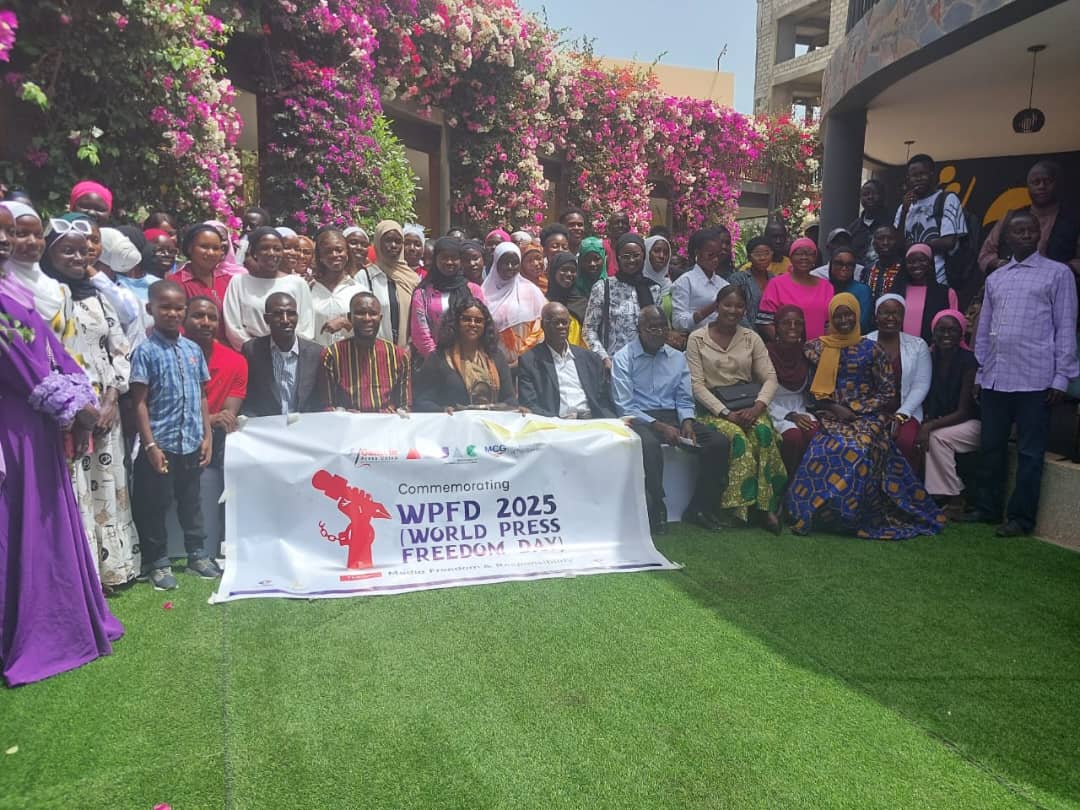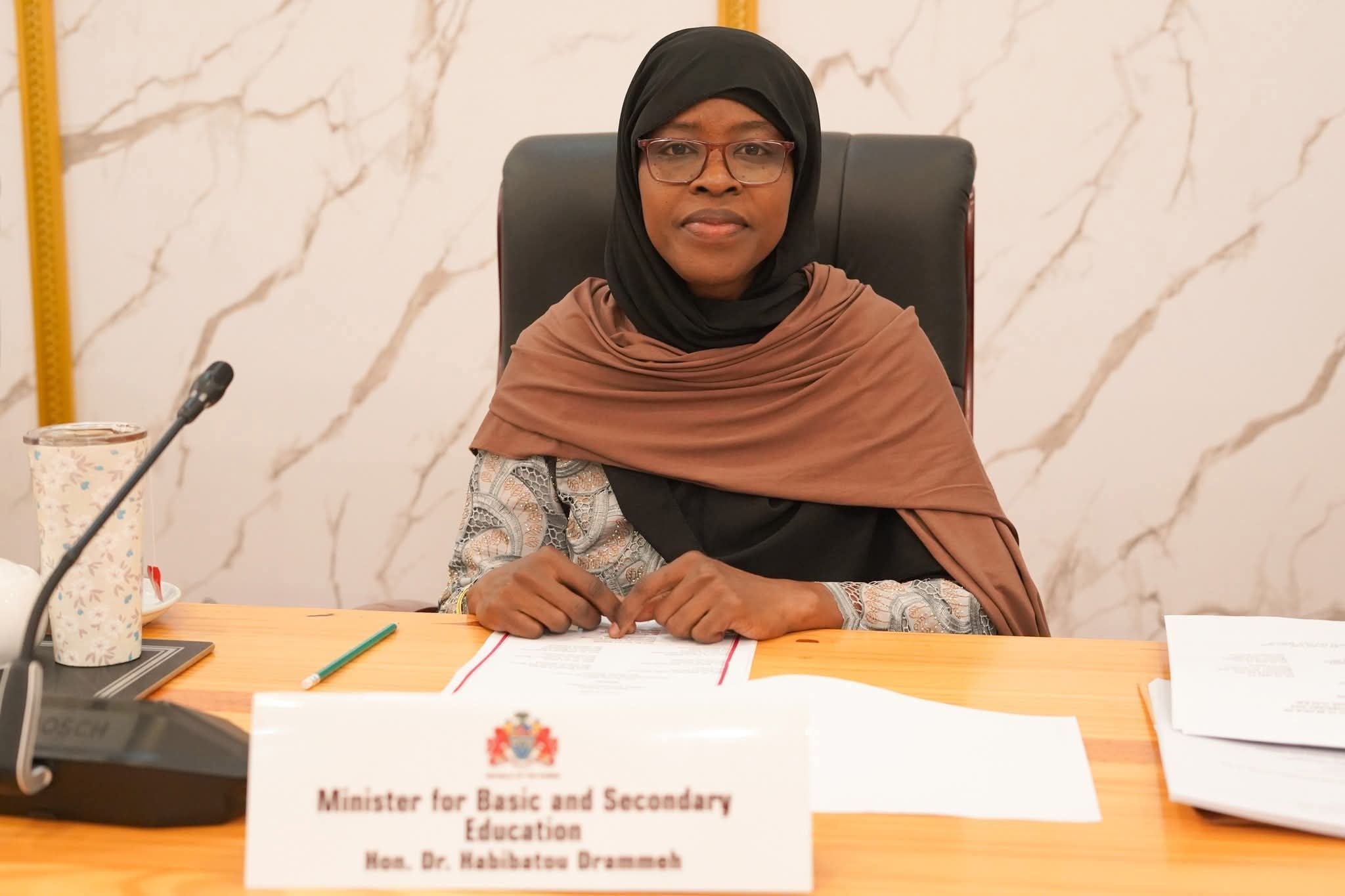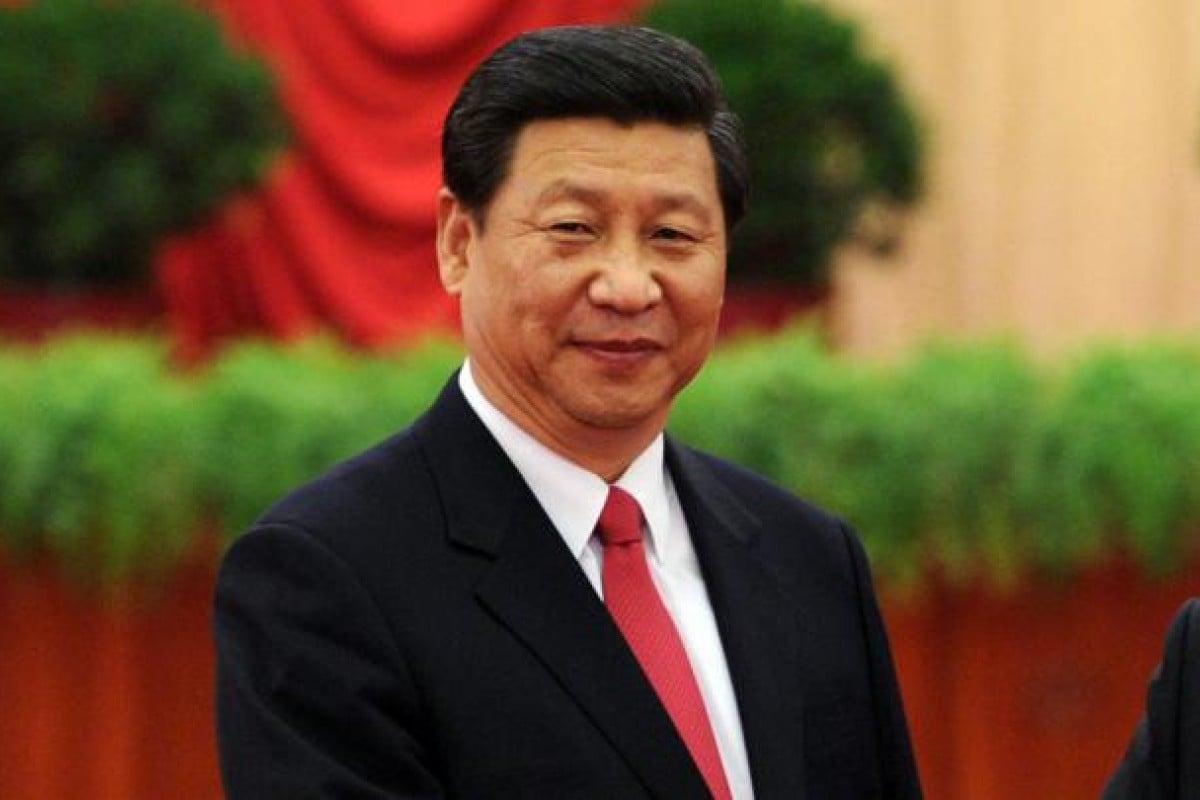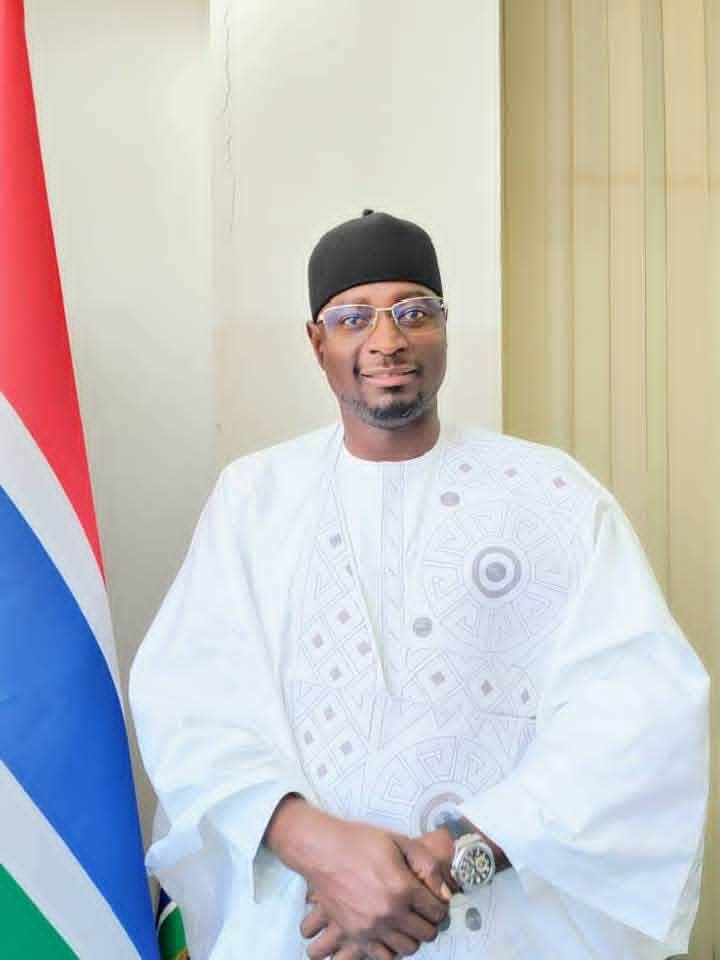By Amie Cham
The Gambia Press Union (GPU) has joined the global community in commemorating World Press Freedom Day.
The event held at Bakadaji Hotel, in Kololi on Saturday with the local theme, “Media Freedom and Responsibility,” underscores the critical importance of journalistic ethics, accountability, and impartiality.
Isatou Keita, President of the GPU, delivered a keynote address that highlighted both the challenges and the progress within The Gambia’s media landscape. She criticized government’s Criminal Offences Bill and the Cybercrime Bill, which pose threats to press freedom.
“Despite Gambia’s Supreme Court Ruling in 2018 that declared the
previous internet law unconstitutional, the current government is making
more dangerous laws that would significantly affect press freedom and
freedom of expression.
The Cybercrime Bill, 2023 has provisions that go beyond addressing
false news online, with a direct attempt to punish investigative
journalism and to kill transparency and accountability in government.
The GPU has also presented and submitted a position paper to the
National Assembly Committee on Education and ICT.” she said.
Keita also highlighted the issue of physical assaults, harassment, and intimidation faced by journalists, as well as the often-poor working conditions, particularly for young and female journalists.
She urged media owners to address these issues, implement the GPU’s collective bargaining agreement, and uphold the rights of media workers to build public trust.
The Minister of Information, Media, and Broadcasting, Ismaila Ceesay, reaffirmed the government’s commitment to press freedom, noting improvements in the country’s media freedom under President Adama Barrow’s leadership.
He stated government’s intent to remove restrictive media laws and ensure journalists can operate without fear. The Minister emphasized the importance of collaboration with the GPU, the Media Council, and the Access to Information Commission to develop robust media codes of conduct and combat disinformation, saying the government is committed to partnering with media practitioners to promote access to factual information and diverse opinions within the framework of democratic laws and social norms.
Lamin Jahateh, media and communications researcher, provided insights into the impact of artificial intelligence in newsrooms. Jahateh noted that AI enhances news production through transcription and translation tools, and it generates news summaries from large datasets, personalizing news for consumers and potentially increasing engagement and revenue.
“AI offers valuable tools for journalists in different ways.
Firstly, AI tools have tremendously enhanced news production.”.






